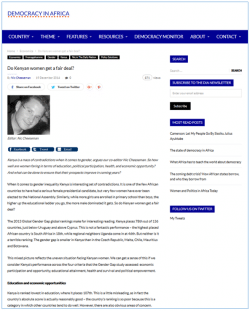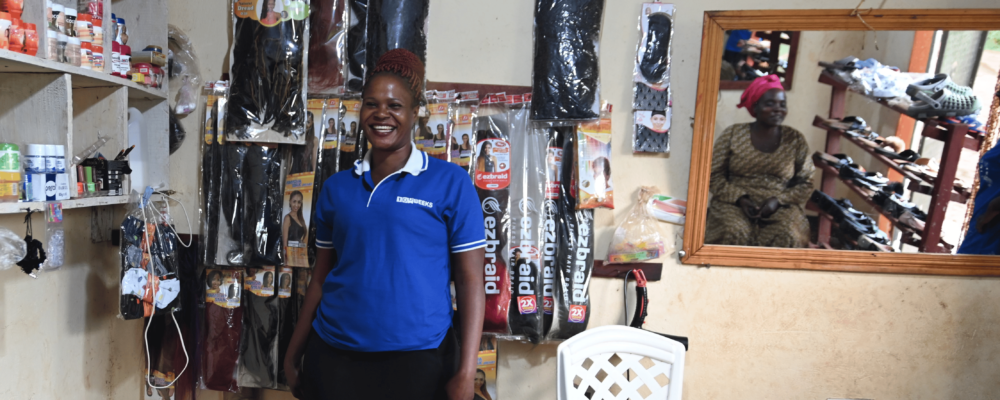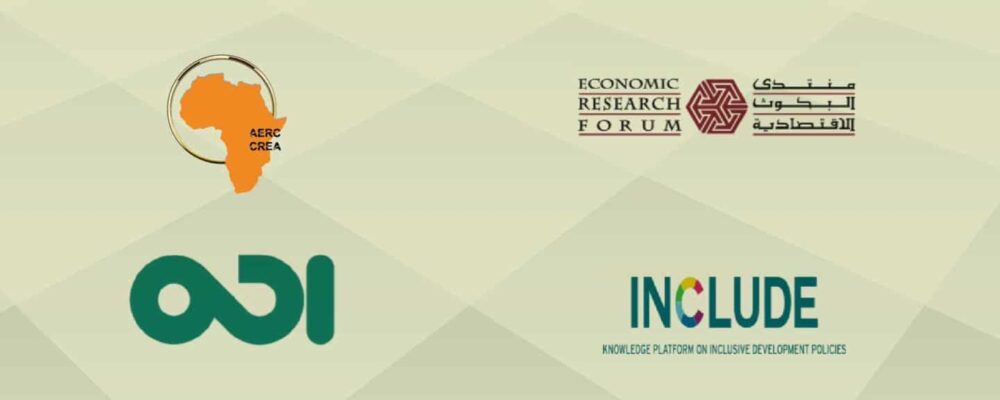- Kenya is characterized by striking contradictions when it comes to gender inequality: It is one of the only African countries that ever had a serious female presidential candidate, but very few women have ever been elected to the National Assembly. Additionally, while more girls are enrolled in primary school than boys, the higher up the educational ladder you go, the more male dominated it becomes.
- The gender gap in Kenya is not just problematic for women, but also for Kenyan society at large, as it causes significant losses for the country’s economic development. Because women earn less than men and are less likely to control land, they pay less taxes, are less likely to be at the forefront of entrepreneurial innovation and female-led farms are less productive.
- Bridging the gender gap poses a serious challenge, because this gap is based on deeply ingrained social conventions. Kenyan policymakers are advised to: 1) open a public dialogue about how to implement a gender quota clause in the constitution; 2) improve the female presence within Cabinet and Parliament to set an example; 3) actively enforce the right of women to inherit land; 4) enact policies that promote girls’ enrolment in secondary school (e.g. education grants for poor households); and 5) implement a programme based on Brazil’s Bolsa Familia, a programme in which rural families received small state-donations as long as their children remain in school.










